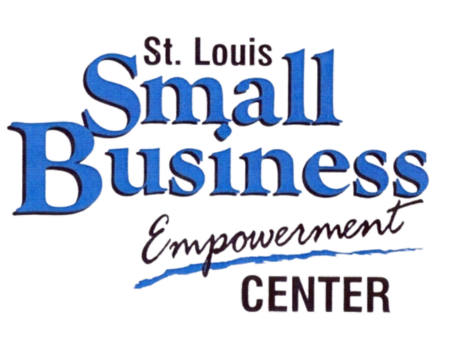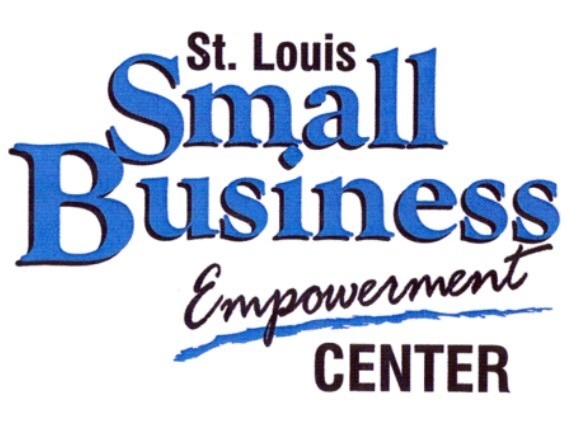Expand Your Business Potential: Why SBA Certification Matters
Small business is competitive, and every advantage makes a difference, especially for Small Disadvantaged Businesses (SDB). According to the Small Business Administration (SBA), an SDB is a small business at least 51% owned and controlled by one or more socially and economically disadvantaged individuals (considered Black, Hispanic, Asian, and Native Americans).
The Gold Standard: 8(a) Certification
The 8(a) Certification is a game-changer for participating businesses. The nine-year business development program provides training, technical help, and more. Certified firms in the 8(a) program can:
- Compete for and receive set-asides and sole-source contracts
- Receive one-on-one business development assistance
- Participate in the SBA Mentor-Protégé program to learn from experienced and technically capable firms
- Get expert advice from procurement and compliance experts
- Pursue joint ventures with established businesses to increase capacity
- Qualify to receive federal surplus property on a priority basis
- Receive free training from SBA’s 7(j) Management and Technical Assistance Program
Springboard to Success
We were able to use the 8(a) certification to do a mentor-protégé partnership with a general contractor who wanted to make sure he had minority representation on a project. We played the lead and, therefore, were able to get the contract.
- Marion Hayes, owner of BRK Electrical Contractors, LLC.
Certification isn't just a badge. It opens doors to opportunities, enabling your business to secure funding, grants, scholarships, and contracts exclusively set aside for 8(a) SBD-certified businesses.
“It was a blessing because, within a month, we won our first bid,” said Marion Hayes, owner of BRK Electrical Contractors, LLC. “A $200,000 contract to install a public address system at a Social Security office was available because they had set that part of the job aside to try to award it to an 8(a) firm. We were in the program, and the GSA saw we were in St. Louis and reached out to us.”
The nine-year commitment is split into a developmental stage, which provides personalized business assistance, and a transitional phase, which helps participants deal with complex business deals and prepares them for post-8(a) expansion.
“There are people who say, ‘Oh, you get your certification, it's a golden ticket, it's going to be easy. Business will line up or be handed to you.’ That’s not true. You have to have the resources to fight to develop a good name for yourself,” said Sabrina Westfall, owner of J. West Electrical. Westfall is in year five of the nine-year 8(a) program duration.
Getting 8(a) certified will help an SDB stand out from competitors, attract more interest, gain access to SBA loan programs, and tap into the benefits of federal procurement contracts, including set-aside and sole-source contracts.
Set-aside contracts are designed for small businesses fitting specific socio-economic categories. This reserves a portion of federal contracts for these groups, significantly reducing competition. Sole-source contracts are offered exclusively to one small business without a competitive bidding process, providing a unique opportunity to fulfill specific government needs.
Departing the 8(a) Program is Not an End, but a Beginning
Exiting the 8(a) program is merely a transition to the next level. Whether graduating after nine years or leaving early due to early success, the experience will improve the foundation.
After exiting the 8(a) program, businesses can still win federal contracts in the open market and apply for other SBA certifications. The network of mentors, partners, and customers established during the 8(a) program and the training received can continue to bolster business.
Hayes, the winner of the 2022 Small Business Administration 8(a) Graduate of the Year Award, implored certified business owners to establish contacts and develop an effective bid process that will serve them after the program ends. “Nine years passes quickly, so you have to think for the long term,” he said. “Unfortunately, I know of some 8(a) businesses that graduated and did not survive because they did not plan.”
Am I Eligible?
Small business owners interested in starting the 8(a)-certification journey can get a pre-assessment by using the Am I Eligible? tool and contact the St. Louis Small Business Empowerment Center (SBEC) for continued support.
Small businesses deserve a fighting chance and access to capital. The 8(a) certification can unlock growth opportunities for small business owners and supply a much-needed edge in an ever-changing and competitive marketplace.
Hayes’s advice for entrepreneurs applying for 8(a) status? “Know what to expect. Don’t expect a great windfall that will bring $100 million in business overnight. It’s not going to happen—and I did not expect that to happen. What did happen was that I was able to access to new resources, and my company benefitted.”

